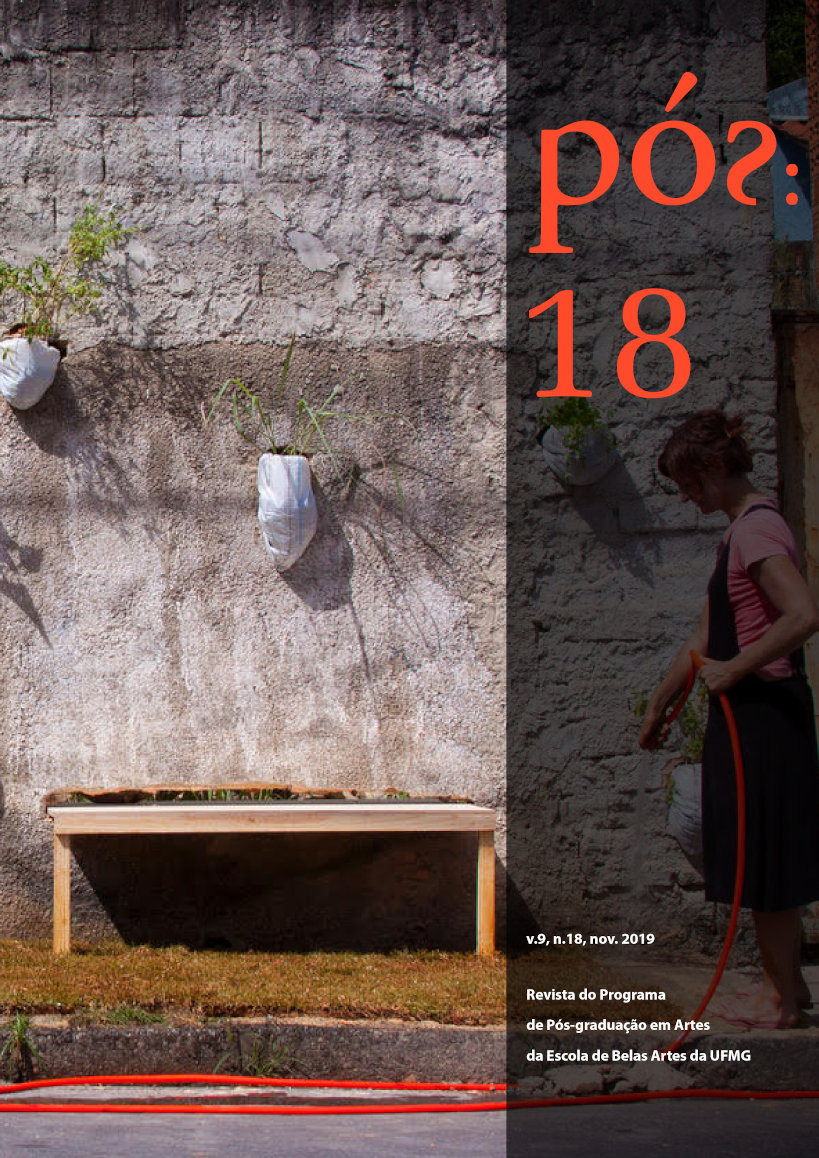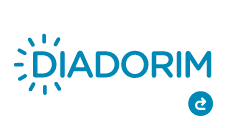Los Ingobernables
Arte, Hackers, Colaboratividad y Resiliencia en la era de la Cultura Postdigital
DOI:
https://doi.org/10.35699/2237-5864.2019.16125Keywords:
Hackers, Art, CollaborationAbstract
This article presents a historical overview of the hackers' laboratories, the Hacklabs, which were considered an important Spanish political, cultural and artistic movement in the early 2000s. It deals with structural principles of these environments built in a collaborative, autonomous way, which promote the recycling of technologies, artistic practices and free software. Besides the historical contextualization, it presents new paradigms of the post-digital period that provide a favorable environment for the emergence of new forms of political and artistic organization in the face of a culture formed by technological determinism. By means of two current examples, the collaborative centers Tabacalera and Ingobernable in the city of Madrid - Spain, I conclude that it is important and necessary to have spaces not institutionalized, free and open to the community that practices methodologies of technological and social resilience independent.
References
BARANDIARAN, Xabier. Hacklabs: Ensamblaje colectivo de la tecnopolítica como realidad social v.1.0. Bilbao: Metabolik BioHacklab, 2003.
CASANOVA, Teresa Valdaliso. El concepto de “Estación Creativa": un proyecto reticular basado en el proceso creativo compartido. En: CONGRESO INTERNACIONAL DE INVESTIGACIÓN EN ARTES VISUALES – ANIAV, 3º, 2017, Valencia. Anais […] Valencia, 2017.
FERRER, Mercé Molist. Hack History.es: La historia nunca contada del underground hacker en la península ibérica. Barcelona: Autor Editor, 2014.
GIELEN, Pascal. Creatividad y otros fundamentalismos. Madrid: Brumaria, 2014.
JIMÉNEZ, Alejandro. Copyleft y creative commons: una alternativa para la libre difusión del conocimiento. Innovación Educativa [en linea], n. 7, Julio-Agosto 2007. .Disponível em: http://www.redalyc.org/articulo.oa?id=179421210007. Acesso em: 10 ago. 2019.
MANDOLINI, Ricardo. Heurística y Arte: una contribución para la comprensión de los procesos artísticos creativos. Revista de Humanidades de Valparaíso. Valparaíso, 10.22370, p. 63-92, 1 maio 2013.
MARCUSE, Herbert. Eros e civilização. São Paulo: Ed. LTC, 1999.
MOLIST, Ferrer. Hackstory.es: La historia nunca contada del underground hacker en la Península Ibérica. Madrid: Autor-Editor, 2014.
MORALES, L. G.; COLINO, V. G. Resiliencia tecnológica. Arte y políticas de identidad. Murcia, v. 10-11, p. 135-154, 2 maio 2014.
MÖNTMANN, Nina. La empresa de la institución artística en el capitalismo tardío. Janeiro 2006http://eipcp.net/transversal/0106/moentmann/es. Acesso em 17 ago 2019.
POSTMAN, Neil. Technopoly. The Surrender of Culture to Technology. Nueva York: Vintage Books, 1993.
SANTAELLA, Lucia. Temas e dilemas do pós-digital: a voz da política. São Paulo: Paulus, 2016.
STALDER, Felix. The Digital Codition. Cambrige, Massachusetts: Polity Press, 2018.
SILVEIRA, Luís Gustavo Guadalupe. Alienação Artística: Marcuse e a ambivalência política da arte. Porto Alegre: Ed. Edipucrs, 2010.
SWAINE, Michael; FREIBERGER, Paul. Fire in the Valley: The Birth and Death of the Personal Computer. Carolina do Norte: Pragmatic Bookshelf, 2014.
WARK, Mckenzie. A Hacker Manifesto. Cambridge: Harward University Press, 2004.
Downloads
Published
How to Cite
Issue
Section
License
Authors who publish in this journal agree to the following terms:
- Authors retain copyright and grant the journal the right of first publication, with the work simultaneously licensed under the a Creative Commons Attribution-NonCommercial 4.0 International License that permits sharing of the work with acknowledgement of authorship and initial publication in this journal;
- Authors are permitted to enter into additional contracts separately, for non-exclusive distribution of the version of the work published in this journal (e.g., the Creative Commons Attribution License).
- Authors are permitted and encouraged to publish and distribute their work online (e.g., in institutional repositories or on their home page) at any point before or during the editorial process, as this may generate productive changes as well as increase the impact and citation of the published work.
- It is the responsibility of the authors to obtain written permission to use in their articles materials protected by copyright law. Revista PÓS is not responsible for copyright breaches made by its contributors.











